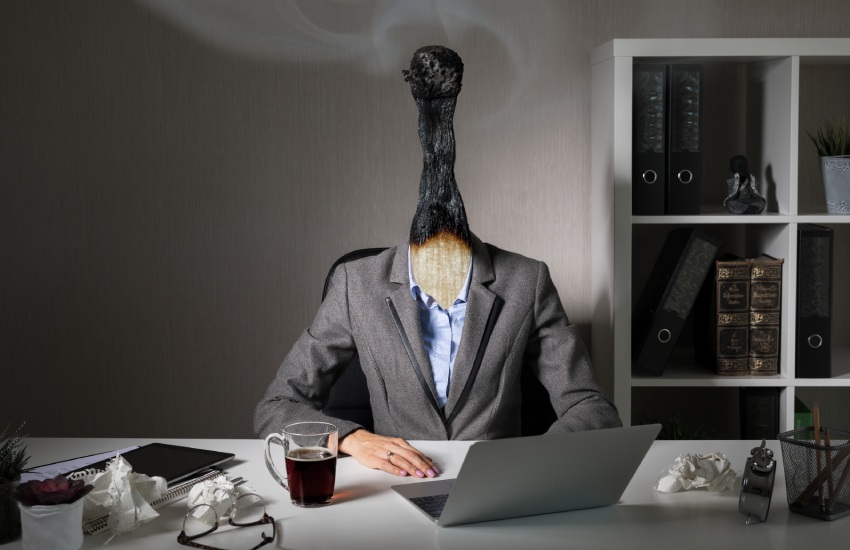Mark Bunn, director of Ancient Wisdom for Modern Health, said he has observed severe levels of burnout among employees in various businesses, including accountants in the recent past.
He attributed this to a range of factors, including growing work demands, emotional distress stemming from lingering uncertainty amid the coronavirus pandemic (which could impact energy and concentration levels), and balancing the boundaries between the workspace and personal space as more accountants work remotely during the pandemic.
You’re out of free articles for this month
“This has underscored the importance of accountants having the skills to manage the new way of our work life and recover from burnout,” Mr Bunn said.
“It’s also about managing their downtime and balancing the boundaries between the work and home lives. There’s an opportunity now to reflect and arm themselves with skills to move forward and improve the way they do things.”
Noting recent trends of the great resignation, Mr Bunn attributed it to employees becoming more reflective amid the COVID-19 crisis and contemplating their purpose and their life expectations.
“Employees perhaps no longer want to work their backsides off for 30 or 40 years, reach retirement, and realise that they missed out on so many other things,” he said.
“So, I think there’s an almost spiritual aspect to the way employees are thinking about their whole work-life balance and what’s important to them.”
As such, Mr Bunn suggested that to effectively combat burnout and assist employees with recovery, businesses could implement an open communication policy that encourages employees to share their challenges. They could also build an internal support structure that offers employees sessions with psychologists or well-being managers so they can manage burnout.
“It’s really about having open communication and empathy for what people are going through,” he said.
A shift in the workplace culture to one that encourages meaningful and purposeful work that aligns with an employee’s values would encourage them to connect with their tasks on a day-to-day basis, Mr Bunn added.
“Then they’ll work more hours, they’ll work more efficiently, and morale will improve in the workplace,” he said.
“From an employer’s perspective, the big shift is just trying to move away from just the client demands, strict numbers, and work hours to what’s important and valuable to the employees.”
In addition, Mr Bunn emphasised the importance of sleep in aiding physical and mental recovery, and intermittent breaks for “micro recovery”.
“There has been a lot of focus and research around resilience in the last year or two but this is now shifting away to micro recovery,” he explained.
“It’s about hitting little points throughout the day and week for recovery and rejuvenation rather than hoping that a two-month holiday at the end of the year will fix everything.”
Moving forward in 2022, as Australia shifts its mindset to living with the coronavirus, Mr Bunn has predicted a return to face-to-face interactions where possible through hybrid working arrangements and communication strategy, where employees would commute to their offices once or twice a week and continue to work remotely for the rest of the week and continue to connect virtually.
“A least one day a week, employees will have to go into the office to get that face-to-face connection and meet with their teams physically,” he said.
To hear more from Mark Bunn about how you can combat burnout and optimise output, come along to the Accountants Daily Strategy Day, to be held in Sydney and Melbourne in March.
Tickets are selling fast so click here to secure your seat.
Malavika Santhebennur
AUTHOR

 Login
Login






